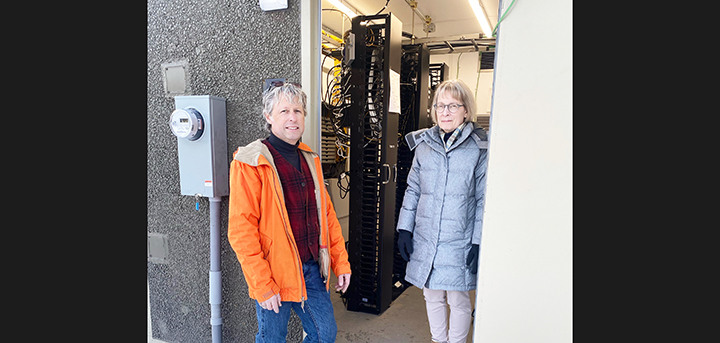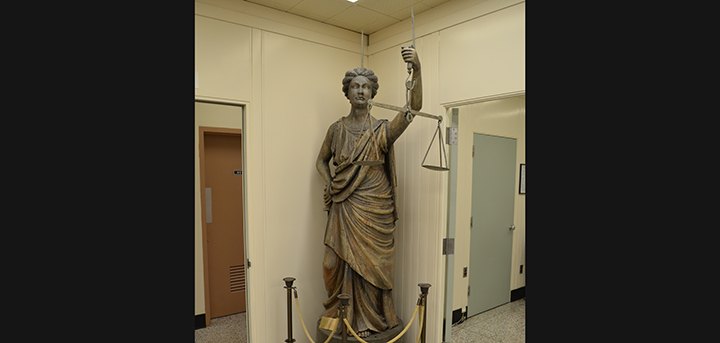The better result
This question never goes away. People wrestle with it. They win and lose fortunes according to how they handle it.
I came upon it many years ago. When I dealt with the head offices of two drug store chains. They were similar-sized companies. They owned roughly the same number of stores. Their stores competed with each other. Each company boasted it ran the better business. Each kept close tabs on the other.
Here is how they differed: One gave real power to its store managers. And to the supervisors who were responsible for clusters of stores and travelled to them every day. When situations arose, the managers decided how to handle them. When opportunities arose - they knew it was their call as to whether to take advantage of them. Head office set the policies. The managers and supervisors worked within the policies. But the policies allowed them a lot of leeway, in which to use their judgement.
Often the people in the field made decisions first. And informed head office second.
The other chain operated on an opposite philosophy. It was proud that head office controlled everything that happened at the stores.














Comments